Omicron has arrived in New Zealand. A ‘freedom convoy’ has plonked itself on parliament lawns.
As the police struggle to make good on their threats to tow a few hundred odd vehicles, Trevor Mallard sits with his finger on the button, umming and ahing over whether or not to turn on the sprinklers, like a passive-aggressive flatmate too scared to tell you to clean up your mess.
Yet while this farce plays out, the rest of the world is already moving on. On that same day, Dutch health minister Ernst Kuipers announced that almost all Covid-related restrictions in the Netherlands, including the use of face masks and vaccine passes, will be relaxed over the next ten days.
That doesn’t mean case numbers in the Netherlands are low. In the past few weeks, the number of confirmed cases has been between 50,000 and 80,000 per day. Hospitalisations are low and have been dropping for some time. For most people, Omicron is like the flu and resolves itself the same way.
The Dutch are ready to leave the pandemic behind. They want a return to navigating the risks in their own lives, according to their own judgments. They want to be treated like adults, not children. And like all Europeans, if they reckon the government is taking the piss, they’ll say what they really think with a good old riot: just a month ago, nearly 600 protestors were arrested in Rotterdam for setting buildings and cars on fire and pelting the cops with stones.
New Zealanders don’t express disagreement by lobbing Molotov cocktails down the road. We only try to arrest the Prime Minister… Thankfully, the police still know how to handcuff lunatics. Yet, as the weather improves and the vibes increase, it’s getting harder to believe that everyone on gathered on the Parliament lawns, from the Māori sovereignists to the Hare Krishnas, is on the fascist conspiracy. Protests are inherently messy, with all sorts of people advancing different, conflicting claims. We cannot ignore the signal by claiming that it is all noise.
The problem is that those who disagree with mandates have had few – if any – voices in parliament and media to give their views healthy expression. Doing so is a big political risk. Even though we’ve abandoned elimination as a strategy, our mindset is still one that is wary of doing anything that might allow the virus to spread, lest our streets fill up with corpses. In Question Time, when Christopher Luxon asked about how the red light setting was affecting Auckland businesses, Kiritapu Allen spoke for many when she yelled, ‘How many people do you want to kill, mate?’
Guilt-tripping won’t work forever. And as the world begins to shake off vaccine passes, the terms of the debate have already shifted. A week ago, Jacinda Ardern reassured us that mandates would be lifted ‘when they are no longer necessary’. This kind of non-answer won’t change anyone’s mind, though, for the real debate is about where that line should be drawn. At what point does a risk to health become so great that the government may step in and determine our lives for us?
Mandates don’t stop the spread of Covid to our most vulnerable, because the vaccinated can still pass it on. Mandates are little more than a crude way of forcing people to get vaccinated by threatening them with unemployment and boring nights out. At this point, our vaccination rates are among the highest in the world, and anyone not already vaccinated is unlikely to do so.
During an exchange with Geoffrey Palmer on the Covid-19 Response Act, David Parker justified the use of vaccine passes by appealing to the even more excessive powers assumed by the Fraser government during the second world war. This was a telling exchange: it revealed that the government sees itself as piloting the country through a crisis like that of the war against Nazi Germany.
Covid may be dangerous, but I don’t think it is comparable to the second world war. Any action in your life will always carry a degree of risk, both to yourself and to others. That’s not a reason to pre-empt the choice.
When a crisis becomes an ordinary fact of life, the use of extraordinary powers becomes normal, until its repeal is unimaginable. Hence we still have passports, introduced almost exactly 100 years ago as a temporary security measure during the first world war. Hence we still have random invasive security checks at airports, brought in after 9/11 as part of the never-ending war on terror.
In these historical examples, fear and uncertainty were the motivating factors for keeping these emergency powers around. That is what protestors across the world are responding to. But we don’t need to live in fear. As the rest of the world shrugs off another wave of Covid, we in New Zealand would do well not to dwell on our island paranoia. Covid is a risk, but it’s not a risk so dangerously unlike any other. We need to make space for it while continuing to exercise our own judgment about how we live our lives. Mandates don’t need to be part of that.
Got something to add? Join the discussion and comment below.
Get 10 issues for just $10
Subscribe to The Spectator Australia today for the next 10 magazine issues, plus full online access, for just $10.

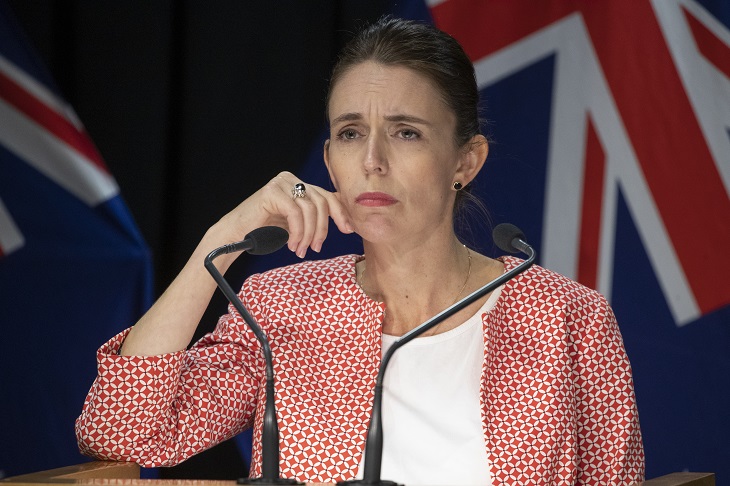
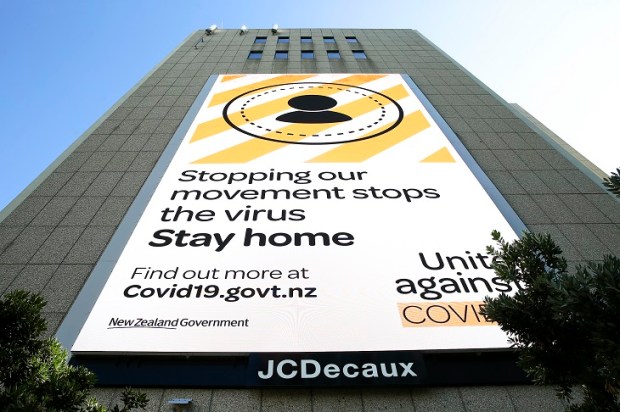

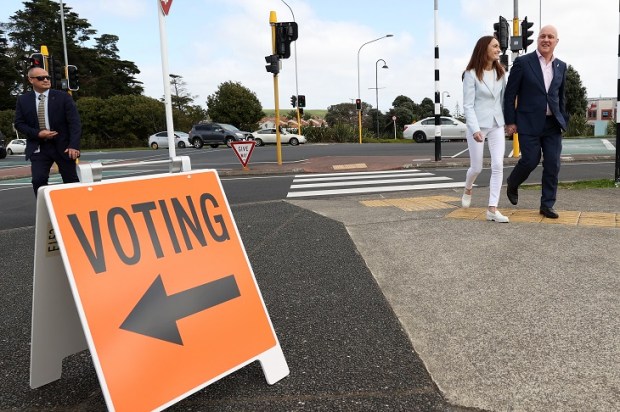
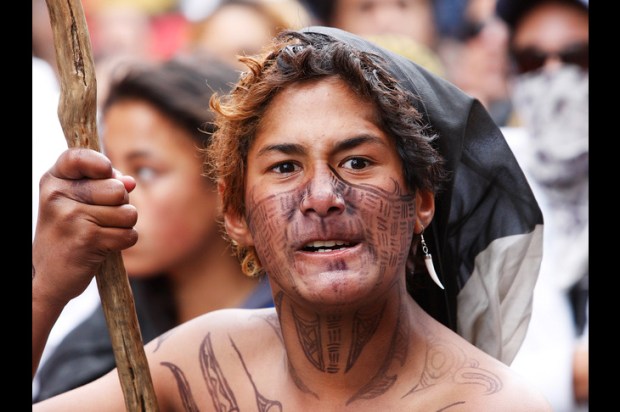
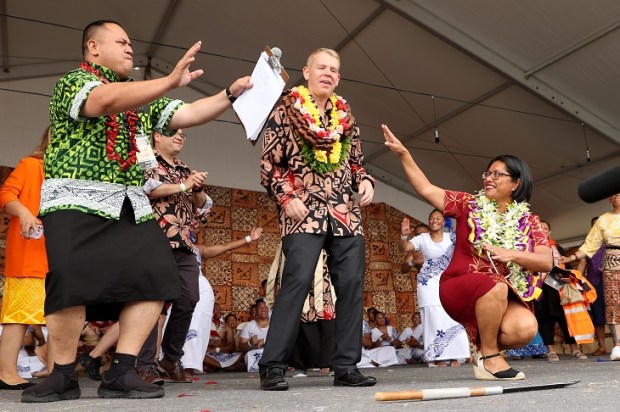
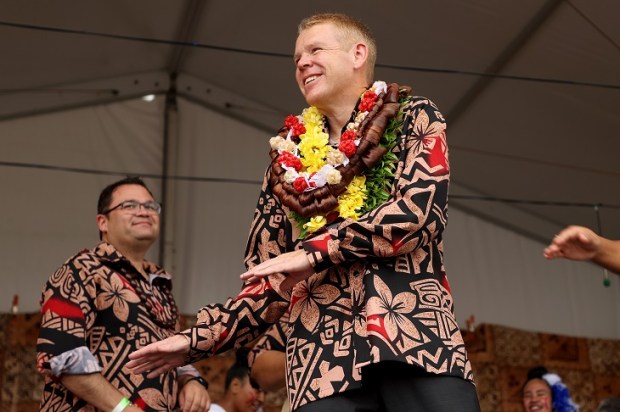


















Comments
Don't miss out
Join the conversation with other Spectator Australia readers. Subscribe to leave a comment.
SUBSCRIBEAlready a subscriber? Log in